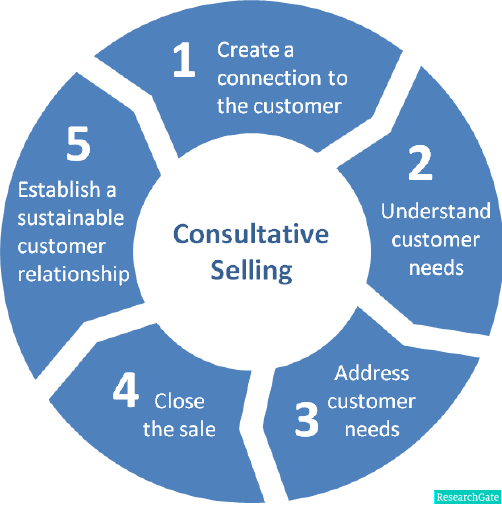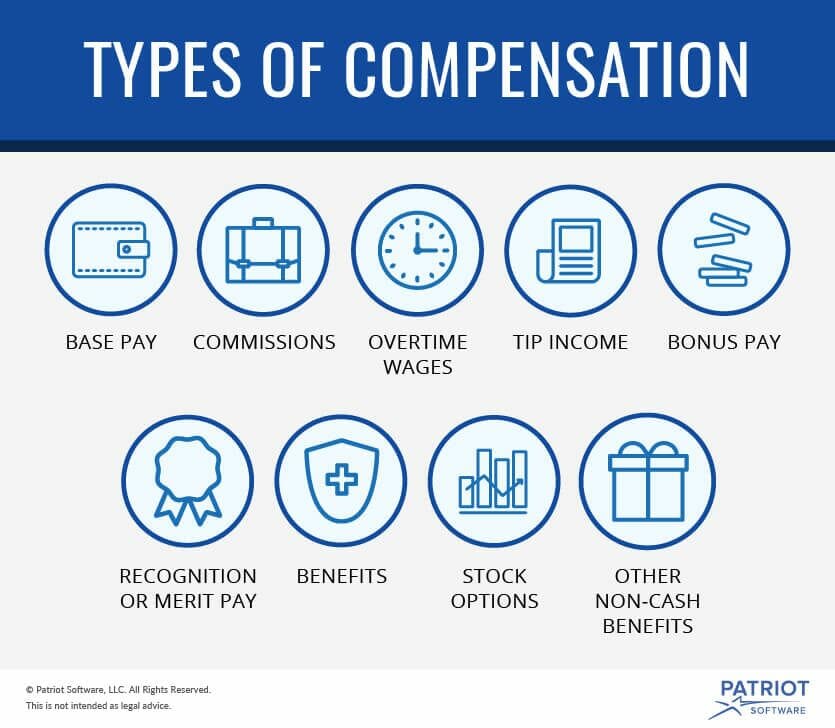The Consultative Selling Approach And Who’s The Best Fit For This Type Of Selling?
Why Consultative Selling Is Unique
Consultative Selling is quickly surpassing traditional, or transactional, selling because the market has changed dramatically due to technology, and increased competition. Today, potential clients have the ability to access information and are more informed and prepared before you have a chance to speak with them. It puts the ‘customers’ needs first.
Traditional selling is the old adage of the used car salesman approach, “If you don’t buy today….”. Where as Consultative Selling uses a methodology that strategically utilizes specific questions to engage with a potential client, build rapport with them and requests feedback from the potential client. Based on the feedback from the strategic questions, the sales rep can customize a solution. This gives the sales process a very personal approach.

This type of selling is about the dialogue between the sales rep and the customer. It’s about relationship building and listening first, and then tailoring the sale accordingly. Not everyone will have a need for your product and you don’t want to waste anyone’s time selling something that will not have a positive impact on their business. The consultative selling approach leads to much happier customers, more sales and less attrition.
Traditional selling is about ‘forcing’ a product or service within a specific ‘limited’ amount of time. Consultative Selling is about listening, building relationships and solving a problem.
Consultative Sales has a much longer cycle than traditional sales, and some may feel, a less successful closing rate as pointed out in this LinkedIn article. There is much more skill involved in asking the right questions, getting to know the ‘potential’ client and getting them to trust you enough to give you their VERY MUCH private information and financial forte.
What Type of Industry/Product It’s Best Suited For
The type of person who is best suited for Consultative Sales, would be someone who’s interested more in the needs of the potential client and less about the sale. The fact of the matter is, asking the right questions to determine the needs of the potential client will get you more sales than if you think just of the sale.
It’s also very important to do diligent customer service, keeping in consistent touch and following up, meaning returning phone calls in a very diligent manner to keep the client happy and keep them as a client.
Top Personality Traits Of A Successful Consultative Sales Rep

- Excellent listener.
- Establishes a genuine relationship with clients.
- Offers a solution that will solve their problems and needs.
- Looks to connect with them on a personal level and identify any common ground they may share (kids, same university, from the same town, etc.). This helps the potential client understand why the option you’re showing them is better for them than what they currently have and why. You have to paint a picture here or even draw out what they have compared to what you’re showing them. Many people are visual
- Fully hears out the potential client; they don’t interrupt or cut them off.
- Be authentic and empathetic so they can and will want to trust you.
A Personal Perspective
From my perspective, a Consultative Sales approach has more pros than cons. With a successful insurance sales career for 10 (selling and marketing various insurance products: life insurance and ancillary products), I had to learn how to present the concept to the client in a way they could understand and visualize. I was fortunate to be with a great group of people and managers who were diligent about reviewing all of the products. Reps also had contacts with product specialists at the various companies I sold for.
To execute a Consultative Sale, the start of a client meeting began with asking a series of questions to give an idea of what they had, what they liked and what they didn’t like. Actually, this process even started on the phone call before I ever met with the potential client so that I could put together a package and keep it within their budget or just slightly over what they were spending at the time.
Example Questions To Ask Before An In-person Appointment

- Who is your current provider and how long have you been with them?
- What is the cost?
- Are you happy with the service?
- Anything you wished they offered that they don’t? Ie: does the current product solve your needs?
- If you could build your own product, what would it entail?
- Are you familiar with any of the competitors (list a few for them)?
- Have you considered any of them?
- How much are you comfortable spending?
The Result of Having A True Understanding Of Their Needs
Generally, I was able to reduce the potential clients premiums 50% or more! No Joke AND give them more coverage and less out-of-pocket risk potential. This also included a 2 to 3 year rate lock as well. So, each sale consisted of 3 different products from 3 different companies, which meant I made 3 different commissions per sale! If their premium went up, it was because they were getting more and better coverage with less out-of-pocket exposure.
The cons would be that yes, sometimes the sale process would take longer or the potential client wouldn’t understand the concept. The other downfall was that, generally, if a client decided to switch insurance carriers they would often forget the importance of having the ancillary products and would drop the coverage. Of course that also meant lost residual income.
How To Roll Out A Consultative Sales Approach To Your Sales Team
Product & People Training. Your sales team must be product experts so they can align your product to needs. Train your people effectively! You can’t expect your sales team to understand how to sell a suite of products coming from selling a single product or two. As the manager, you need to take the time and invest in your sales team by introducing a single product at a time. Make sure the team understands the in’s and out’s of the product and how to present it to the potential client.
If you’re offering a large suite of products, it may be paramount for your team to become an expert on each product. If that’s not feasible, you may need to set up access to in-house or partner company with experts on each product and service to teach your reps.
You Need To Change Your Comp Plan

This is key. The behaviors that get repeated are those that get rewarded. A comp plan for traditional sales is not going to incentivize your reps to perform. The cycle of making a sale as a consultative rep is much longer than traditional sales. Your new comp plan should include training your reps to identify points in the sale cycle that are critical and teach them not to cut corners. You need to reward your sales reps. The best way to ensure the new comp plan and sales process sticks, is to incentivize sales behaviors you want them to perform.
____
Questions or comments? Contact SPOTIO at [email protected] or comment below.
SPOTIO is the #1 field sales enablement platform designed specifically for outside sales managers and reps to squeeze every drop out of their field sales efforts.
Want to see a product demonstration? Click here to see how SPOTIO can take your sales game to the next level.


